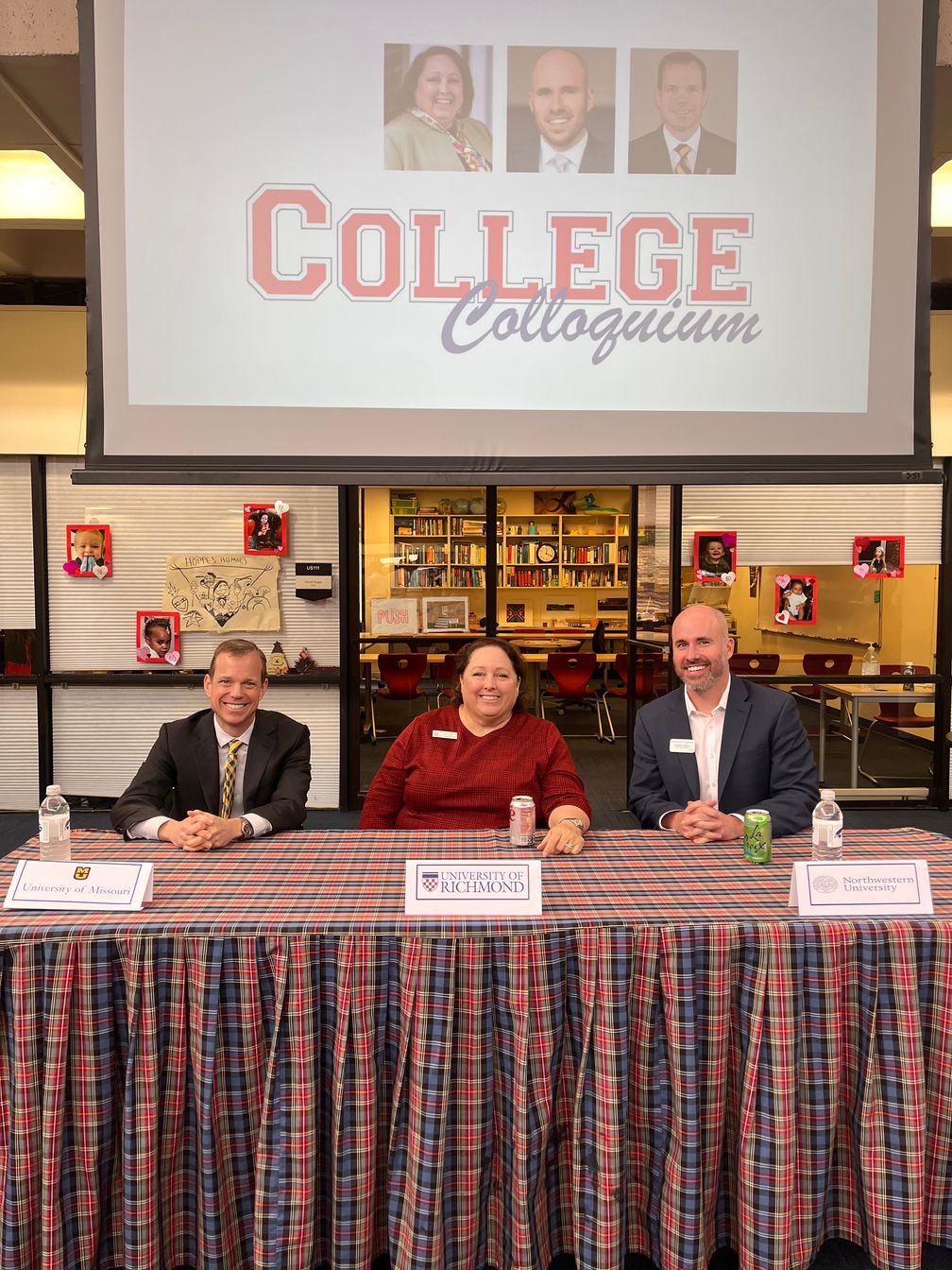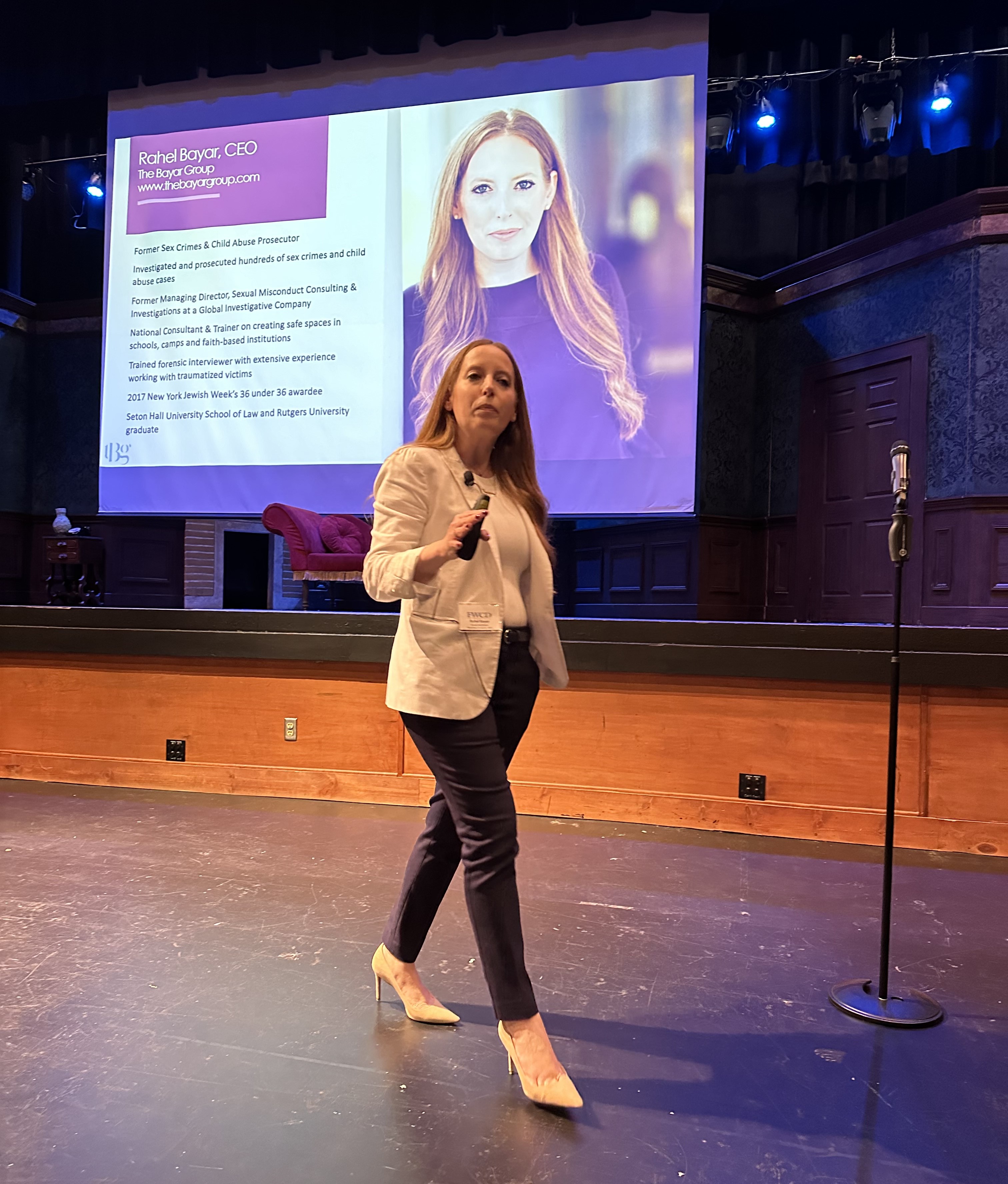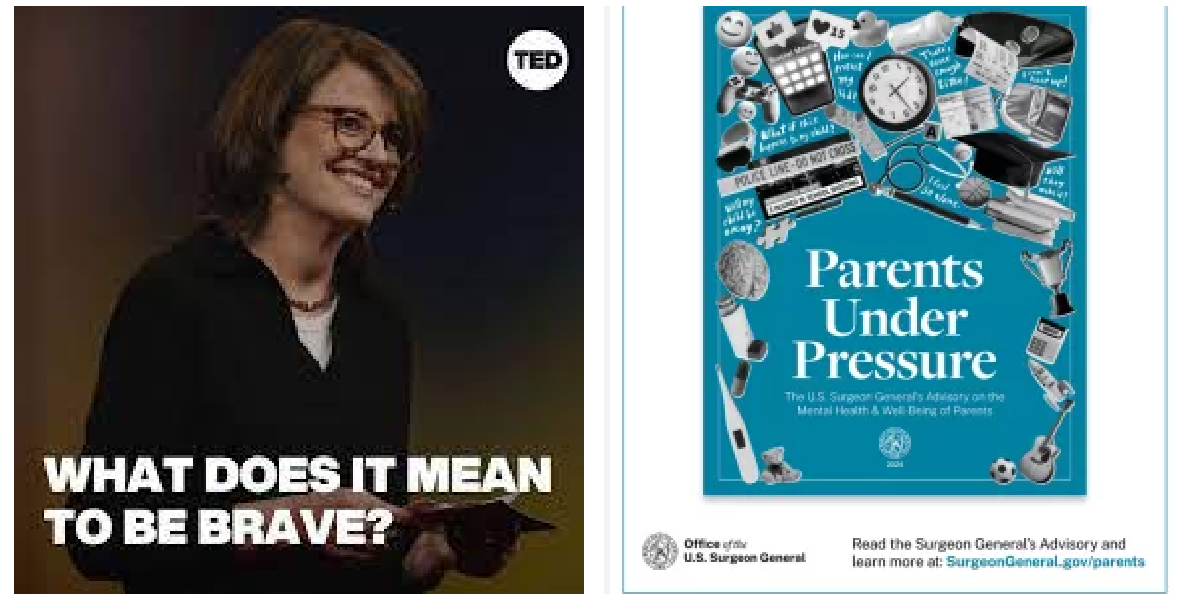Seen Read Head: October 2024
.png?command_1=resize&width_1=220)
My latest reads and "listens" include Family Democracy (NPR Ted Talks) and The Anxious Generation: How the Great Rewiring of Childhood is Causing an Epidemic of Mental Illness by Jonathan Haidt. Read more about my October picks at Seen Read Heard.
Family Democracy (NPR Ted Talks)
I probably picked this podcast as I stepped onto the elliptical gizmo a few weeks ago because we were spending a lot of time talking about our Democracy Day plans at school. I found the message of Libyan Peace and Human Rights Activist Hajer Sharief poignant. She tells of her childhood in a family that had Friday night “democracy meetings” and of the value of those meetings throughout her entire life. Her story might inspire you, as parents, to consider ways you model give-and-take in your family and ways you might give your children the opportunity to respectfully present their “cases” for … a later bedtime, a different dishwashing regimen, a bedroom swap among siblings, the purchase of that coveted guitar, and the like.
The Anxious Generation: How the Great Rewiring of Childhood is Causing an Epidemic of Mental Illness by Jonathan Haidt
I think you should read The Anxious Generation. The last time I made a blanket recommendation for parents and educators to read a particular book was in the early 2000s. That book was The Blessing of a Skinned Knee: Raising Self-Reliant Children by Wendy Mogel. What the books have in common is they raise issues that those of us raising children should be discussing.
The recommendations are not because I think everything Mogel or Haidt writes is accurate. Haidt definitely seems to be marshaling the evidence to fit his arguments. Other researchers have had seemingly valid questions about that evidence. (This Freakonomics podcast asked some great questions about the anti-cell phone screen time evidence, particularly: Is Screen Time as Poisonous as We Think?). Again, the recommendation is because the arguments deserve discussion.
One of Haidt’s points is getting emphasized much more than the other. I would want us to consider both of his arguments. The one getting less attention is about overly attentive parents and teachers. Haidt has joined with others to start a movement they call the Let Grow Project (254ff) that suggests the value of autonomy for children. He notes how many restrictions we put on children because of a few isolated horror stories in the 1980s (86ff) and how those restrictions mean children run the risk of being too fragile. I particularly like his suggestion that parents very intentionally push themselves to set up designed opportunities for their children to experience one step greater autonomy at various ages. I like his “ladder to adult” concept specifically (107).
The point most people take from this book is that cell phones pose significant risks and even dangers. Haidt distills concerns that many adults have had for years as we have watched a generation emerge under the apparent spell of cell phones that allow instant and constant contact with social media, internet pornography, betting applications and more. He calls for schools and parents alike to take actions to limit access. “Dumb” (flip) phones without internet access are a great idea. Parents banding together to delay their child’s access to smartphones at least until high school serves children well. While some of the evidence might be overblown or even misinterpreted, I would argue Haidt is doing a service by making us stop and think about smartphones and their impact on children, up to and including their role in our country’s rising mental health issues.








%20(1).jpeg)








.png)
